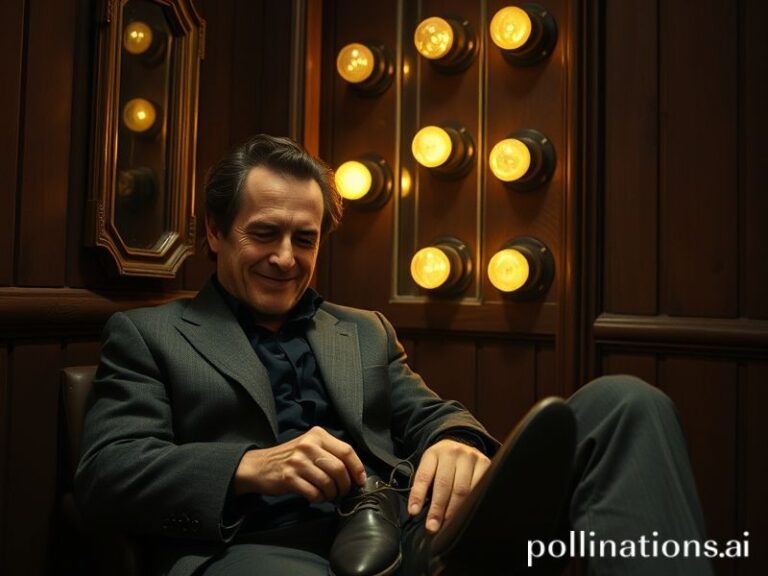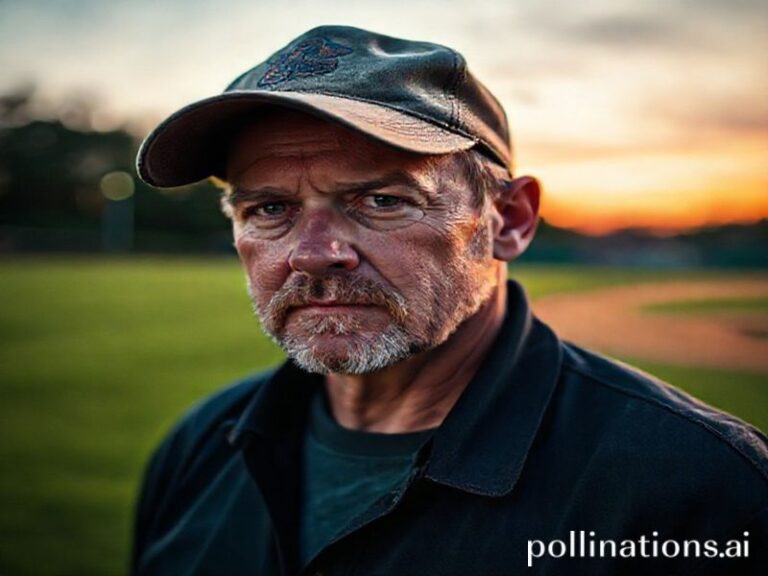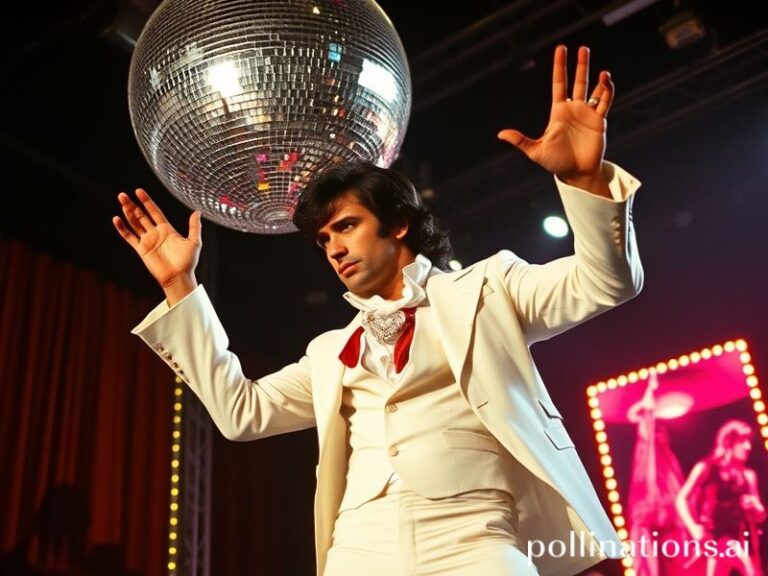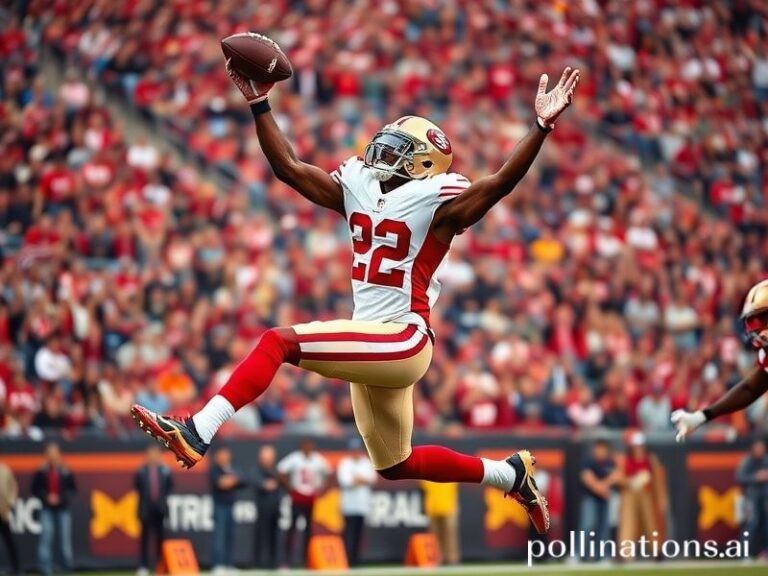Reese Witherspoon: America’s Soft-Power Sweetheart Selling Empathy by Subscription
From the vantage of a Parisian café that still smells faintly of Gauloises despite EU tobacco bans, one can’t help but notice that Reese Witherspoon—once America’s sweetheart in a pink bubblegum wrapper—has quietly become a geopolitical weather vane. Her production company, Hello Sunshine, is now the soft-power equivalent of an aircraft carrier, steaming into markets from Mumbai to Munich with feel-good content that doubles as cultural ballast for the wobbling American brand. While Washington lectures the world on democracy, Reese is exporting tidy moral fables in which the underdog always wins and the lighting is suspiciously flattering. Call it Manifest Destiny with better cheekbones.
The numbers are almost indecent. “The Morning Show,” Apple TV+’s flagship migraine, streams in 115 countries, its opening credits a gleaming hymn to glass-box capitalism that makes authoritarian skylines look drab by comparison. Meanwhile, “Little Fires Everywhere” sparked Twitter spats on four continents about who gets to play the aggrieved suburban mother; in Seoul, viewers binge it to study how Americans weaponize politeness. Witherspoon’s trick is to package domestic neuroses as universal truths—like selling gluten-free imperialism.
In Latin America, her book-club picks routinely vault to the top of bestseller lists, nudging local writers to anglicize their trauma for algorithmic mercy. A novelist in Bogotá confessed, half amused, that adding a Tennessee twist to his narco saga earned him a Reese endorsement and, miraculously, a green card for his protagonist. Cultural critics call it “soft colonialism”; Witherspoon calls it “sharing stories.” Tomato, tom-ah-to—both taste better when drizzled with streaming royalties.
Then there is the delicate matter of feminism, Inc. In Riyadh, where women were only recently allowed to drive, Witherspoon’s brand of uplift has become a curious status symbol among the elite. Limited-edition “Legally Blonde” handbags—pink, naturally—retail for the price of a Filipino maid’s annual salary. The irony is exquisite: a Hollywood narrative about smashing glass ceilings now accessorizes ceilings made of actual glass, imported from Switzerland. Somewhere, Simone de Beauvoir is ordering another absinthe.
Witherspoon’s true genius lies in monetizing the global anxiety gap. Europeans, exhausted by their own collapsing empires, soothe themselves with her tidy domestic dramas—proof that somewhere, carpets are still beige and problems last exactly ten episodes. As for the Chinese market, she’s cannily sidestepped it, perhaps sensing that Beijing prefers its propaganda served by pandas, not petticoats. The absence is conspicuous: a Witherspoon-shaped hole in the world’s largest streaming market, like a polite no-show at a wedding everyone assumed was inevitable.
And yet, the cynic sipping espresso in this drafty café must concede that Witherspoon has done what the State Department couldn’t: made American remorse look chic. Each tear-streaked apology scene, each redemption arc wrapped in cashmere, functions as a diplomatic communique in 4K. While diplomats tweet threats in ALL CAPS, Reese gently reminds the planet that America, too, can feel bad about itself—and sell the merch to prove it.
The pandemic only amplified her reach. Locked-down viewers from Lagos to Lisbon devoured “Big Little Lies” like vitamin D supplements, grateful for coastal mansions where social distancing came with ocean views. In interviews, Witherspoon chirps about “connection,” which is adorable coming from someone whose idea of hardship is a slow Zoom. Still, the message lands: if the world must burn, at least let it burn tastefully, with a curated playlist.
As COP29 delegates argue over carbon credits in some fluorescent hellscape, Witherspoon is optioning a memoir by a Maldivian climate activist. Expect a limited series in which rising seas are vanquished by pluck, sunscreen, and a tastefully distressed beach house. Critics will call it tone-deaf; audiences will call it Tuesday.
In the end, Reese Witherspoon isn’t merely an actress or producer; she’s a one-woman Marshall Plan of the emotions, air-dropping curated empathy to a planet that’s forgotten how to feel without a subscription. The joke, of course, is that we keep renewing. Until the credits roll on civilization, expect her to remain our reliably tear-stained superpower—proof that in the twilight of empires, the last export is sincerity, lightly scented with peonies and priced to move.







